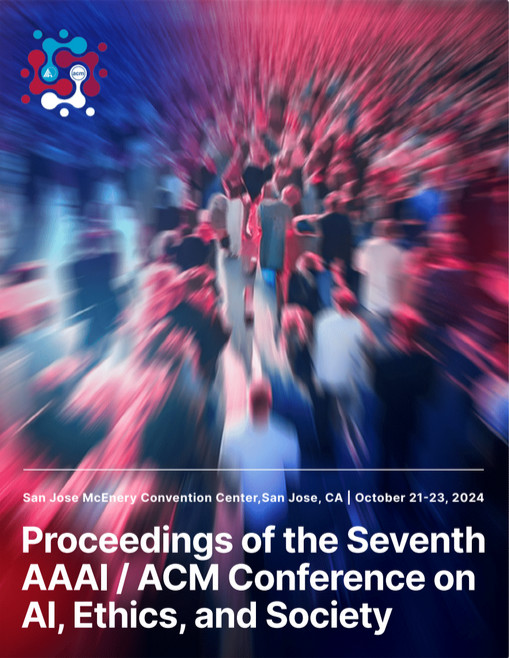The Origin and Opportunities of Developers’ Perceived Code Accountability in Open Source AI Software Development
Abstract
Open source (OS) software projects in artificial intelligence (AI), such as TensorFlow and scikit-learn, depend on developers' continuous, voluntary code contributions. However, recent security incidents highlighted substantial risks in such software, requiring examinations of factors motivating developers to continuously contribute high-quality code (i.e., providing secure and reliable code fulfilling its functions). Prior research suggests code accountability (i.e., requirements to explain and justify contributed code) to improve code quality, enforced through external accountability mechanisms such as sanctions and rewards. However, the OS domain often lacks such mechanisms, questioning whether and how code accountability arises in this domain and how it affects code contributions. To address these questions, we conducted 26 semi-structured interviews with developers contributing to OS AI software projects. Our findings reveal that despite the absence of external accountability mechanisms, system-, project-, and individual-related factors evoke developers' perceived code accountability. Notably, we discovered a trade-off as high perceived code accountability is associated with higher code quality but discourages developers from participating in OS AI software projects. Overall, this study contributes to understanding the nuanced roles of perceived code accountability in continuously contributing high-quality code without external accountability mechanisms and highlights the complex trade-offs developers face in OS AI software projects.Downloads
Published
2024-10-16
How to Cite
Bartsch, S. C., Lother, M., Schmidt, J.-H., Adam, M., & Benlian, A. (2024). The Origin and Opportunities of Developers’ Perceived Code Accountability in Open Source AI Software Development. Proceedings of the AAAI/ACM Conference on AI, Ethics, and Society, 7(1), 94-106. Retrieved from https://ojs.aaai.org/index.php/AIES/article/view/31621
Issue
Section
Full Archival Papers

